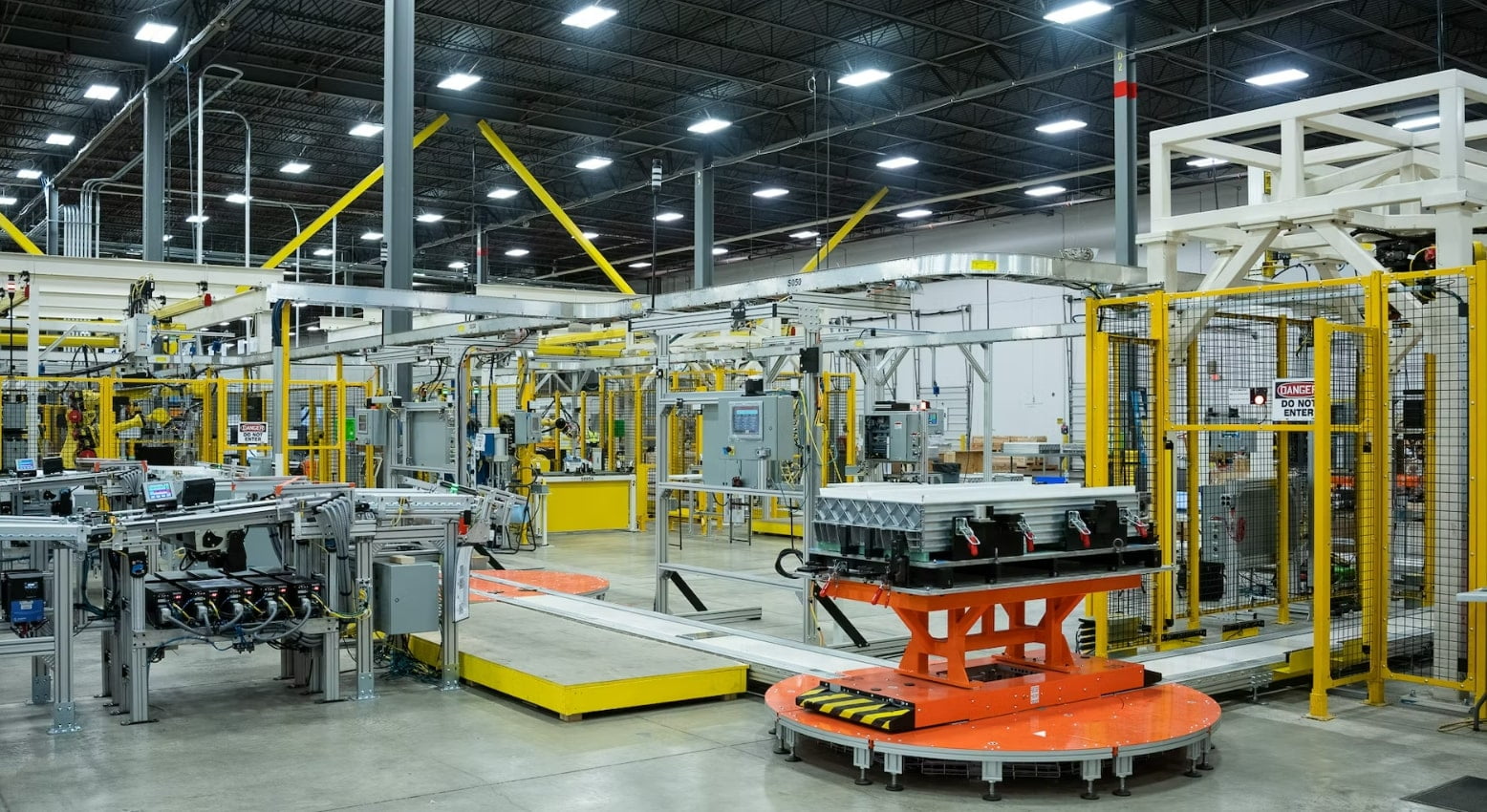
In recognition of the vital role energy storage can play in integrated renewable energy and improving the stability of grids worldwide, the initiative aims to foster international cooperation and alignment of goals to boost the technology’s deployment and development.
It will aim to reduce the costs of energy storage tech and build a sustainable, transparent, diversified and responsible supply chain, Clean Energy Ministerial said.
While the European Commission and Australia lead the new initiative, the US and Canada have also joined as participants. US Secretary of Energy Jennifer Granholm and her counterparts in Australia and Canada all offered statements in support of the Supercharging Battery Storage Initiative, as did EC vice president Maroš Šefčovič, who has led efforts at the European level to boost battery manufacturing.
“Battery storage— especially grid-scale storage—is an essential piece of the decarbonisation puzzle,” Granholm said, noting that for the US alone to reach net zero, between 1.5TW to 2.5TW of energy storage power capacity will be required, “plus up to tens of thousands of terawatt-hours in storage duration”.
“Battery storage will be the backbone of the green transition with an essential role to decarbonise transport and energy. It will enable a truly decentralised and integrated energy system based on efficient use and renewable generation,” Maroš Šefčovič said.
International Energy Agency (IEA) executive director Fatih Birol said battery storage is becoming “increasingly important for the growth of clean electricity systems,” noting that the agency will be publishing a report on the topic next year.
According to IEA modelling, global battery storage deployments need to exceed 1TW by 2030 to stay in line with net zero policy pledges, representing an increase of around 23x the levels of deployments today.
The Clean Energy Ministerial initiative, seeking to engage governments, the private sector and civil society into cross-border collaboration, will provide “a roadmap for accelerated action” on promoting energy storage as a key sustainability technology.
In related news, 11 countries last week joined a new Battery Energy Storage System Consortium (BESS Consortium) announced at COP28. The BESS Consortium seeks to accelerate the deployment of battery storage in low- or middle-income countries, reducing energy poverty, improving access to electricity and enabling the growth of renewable energy. It is targeting an initial 5GW of BESS deployments.

